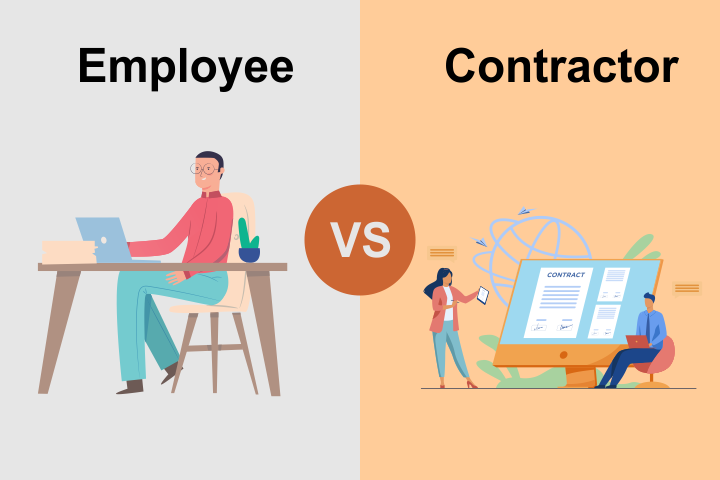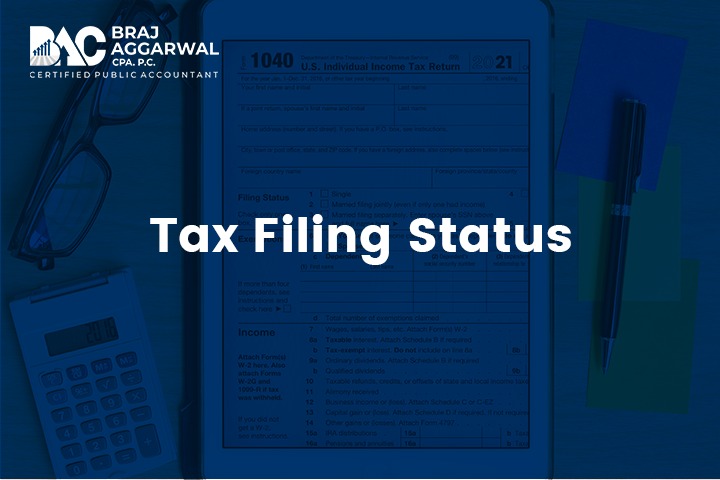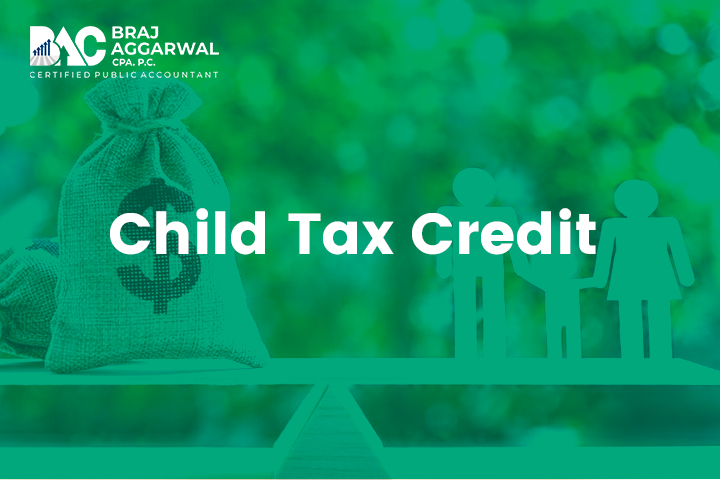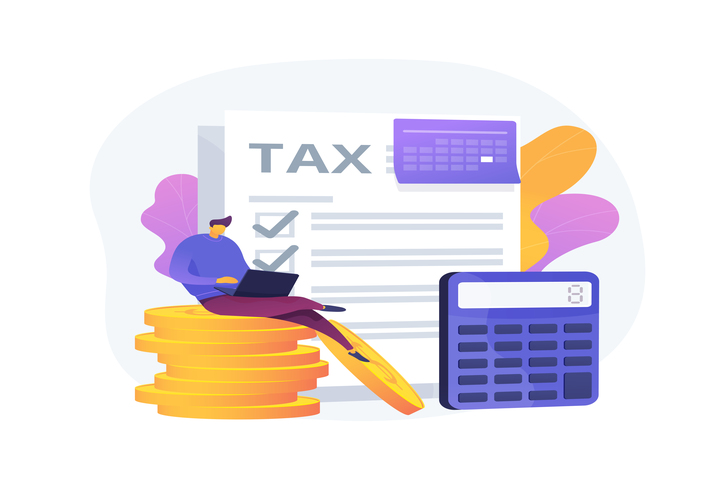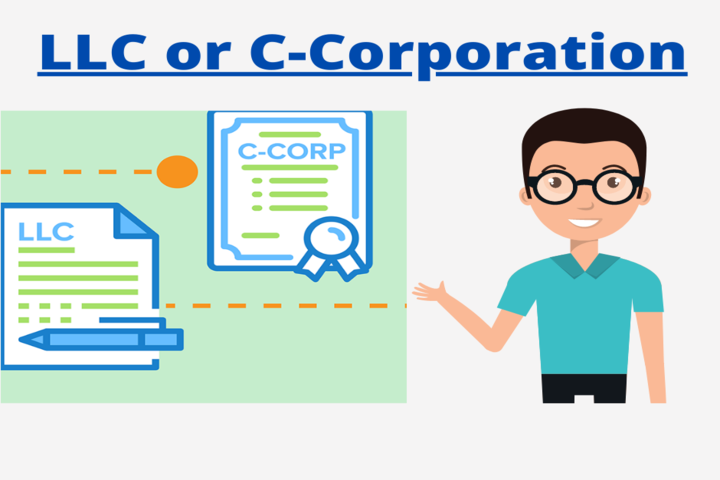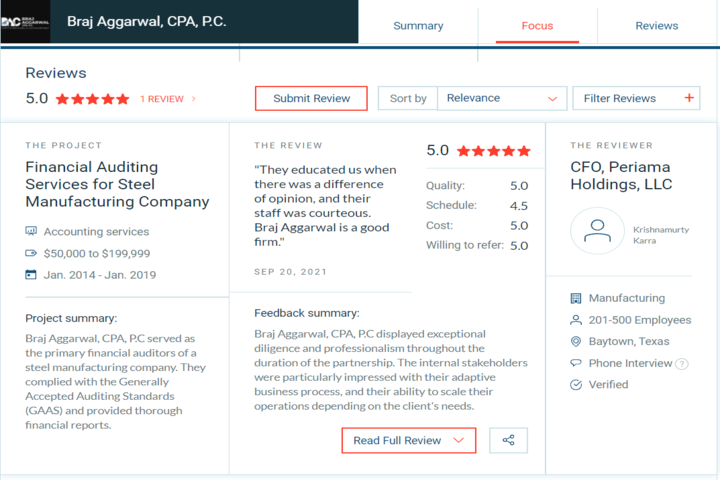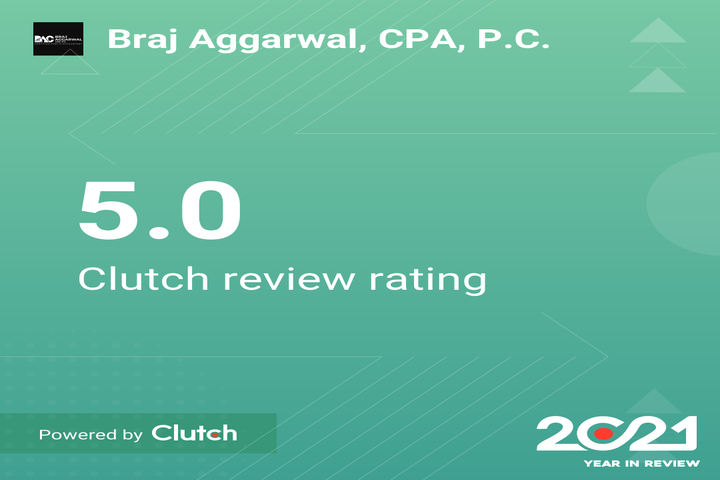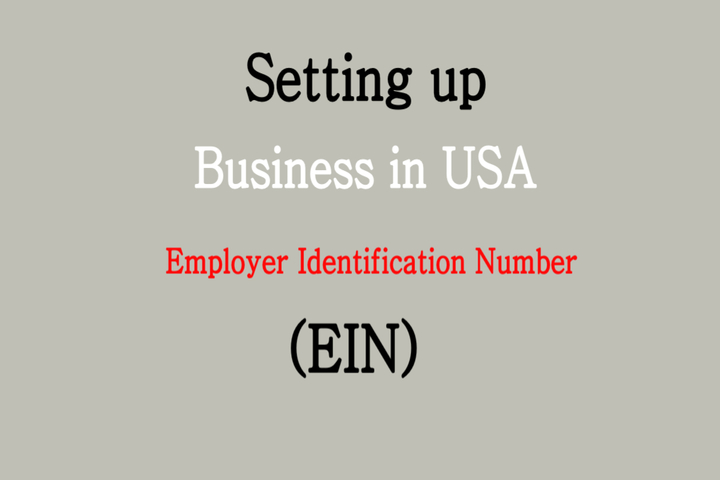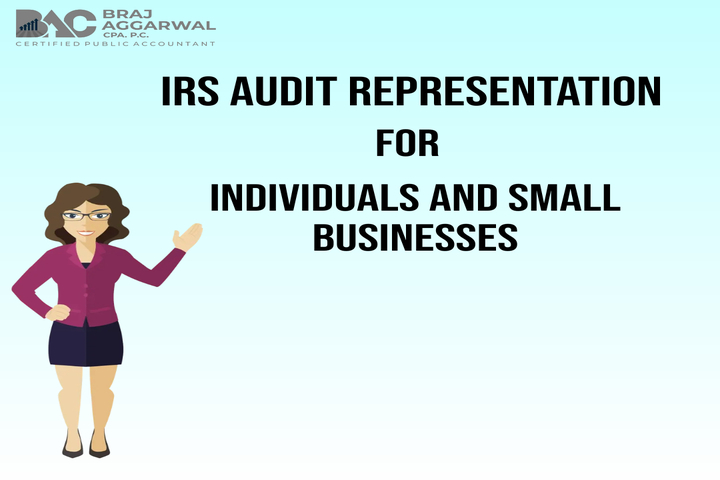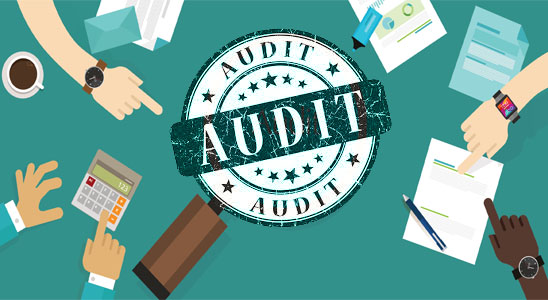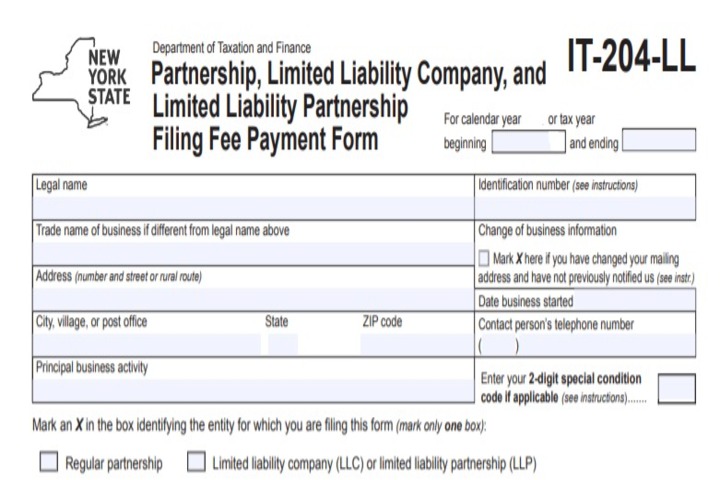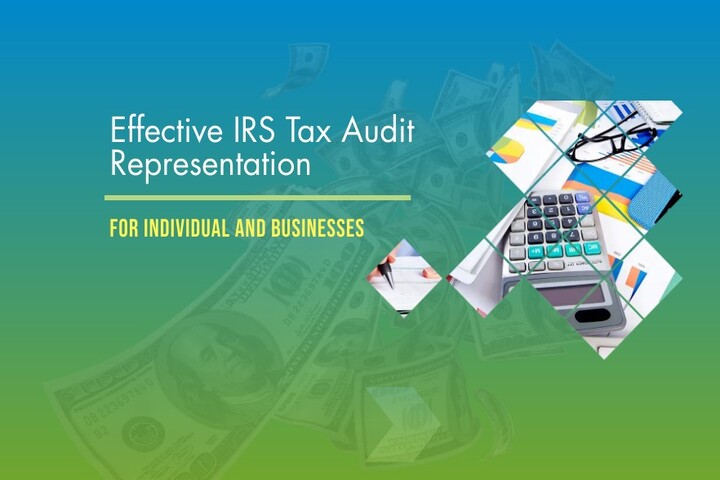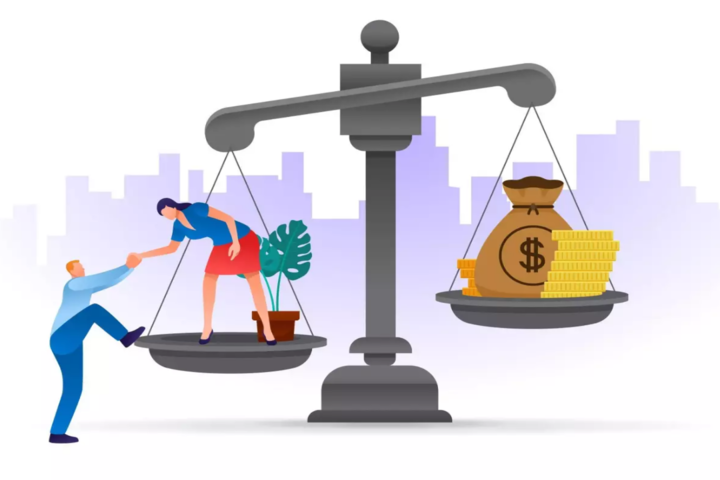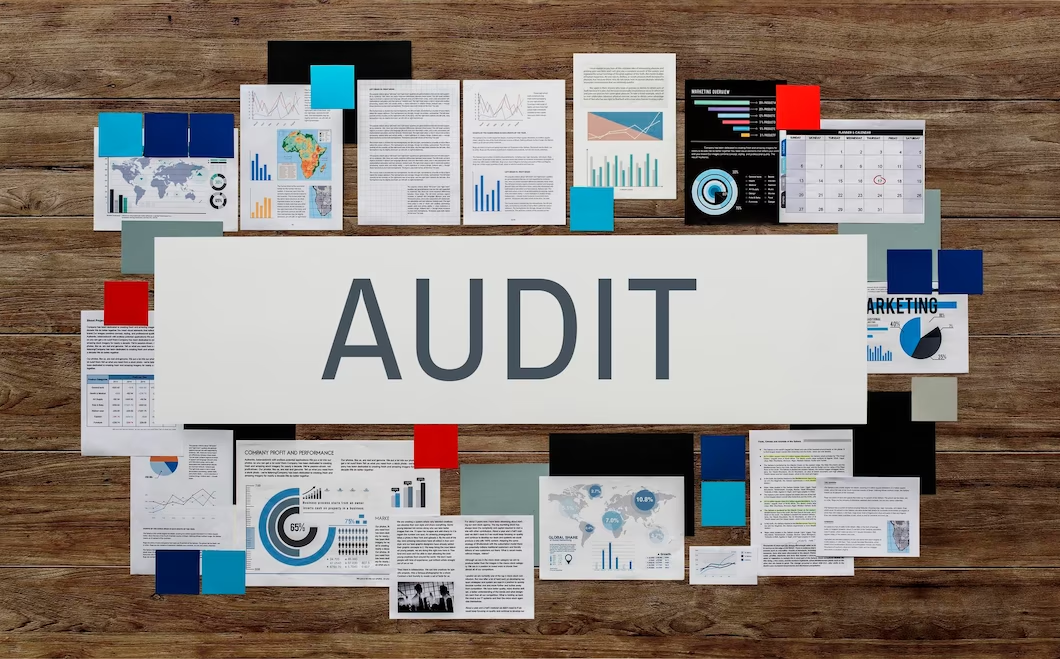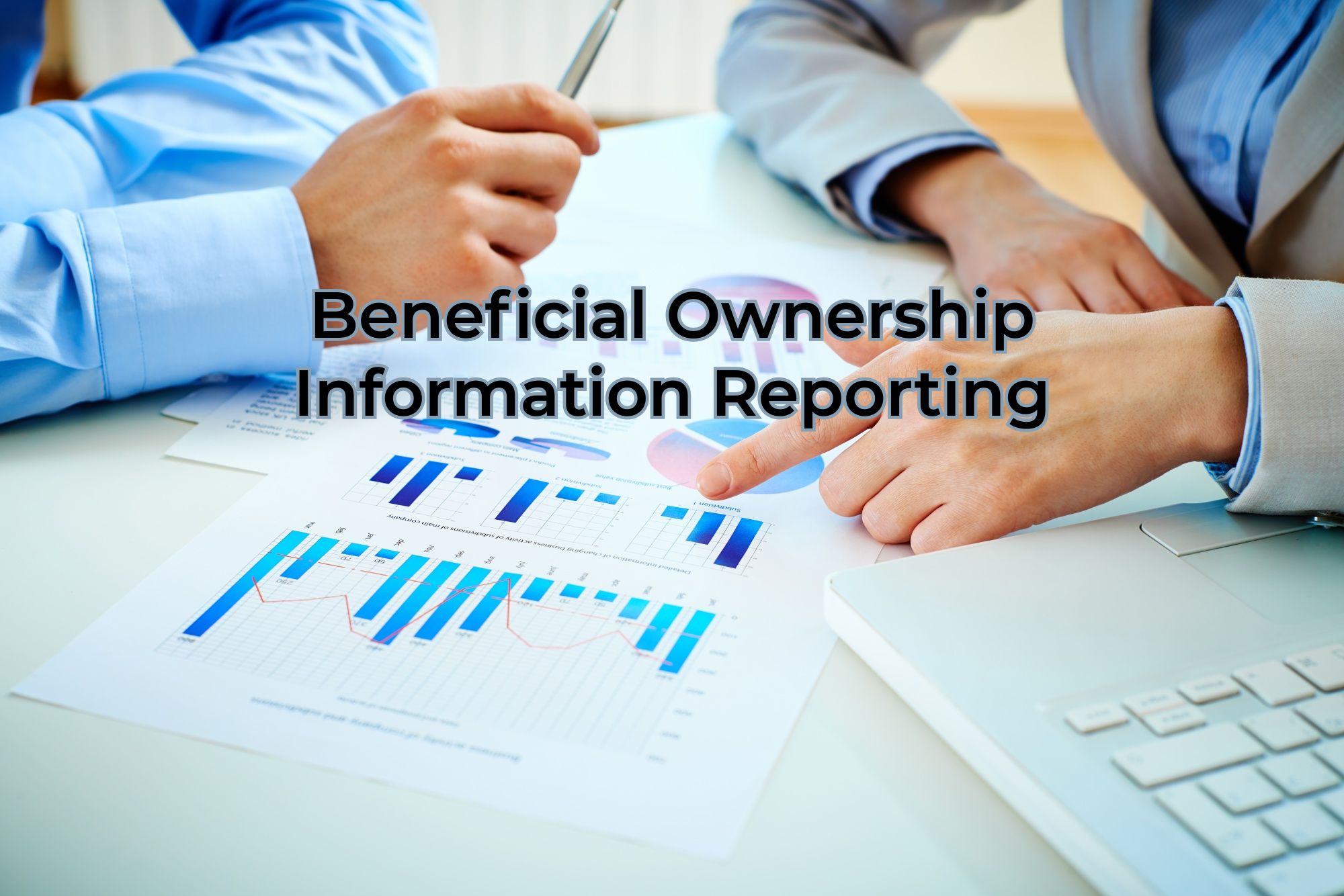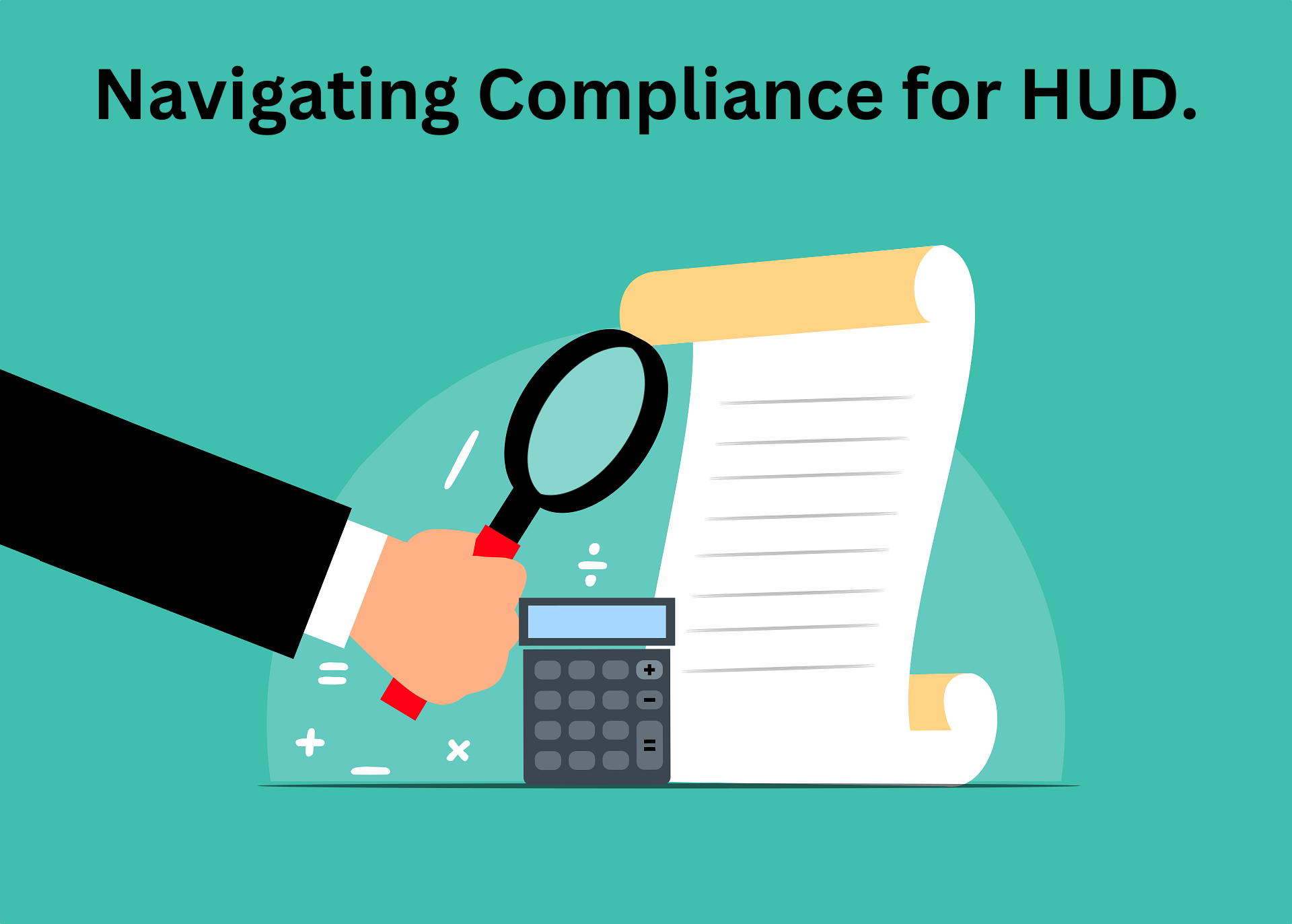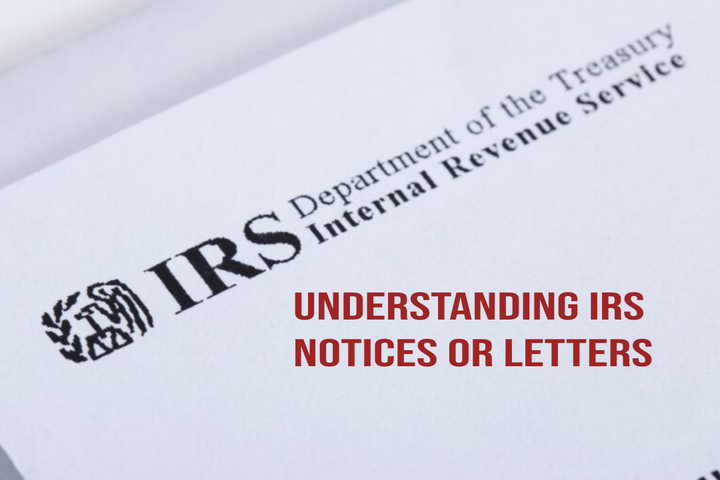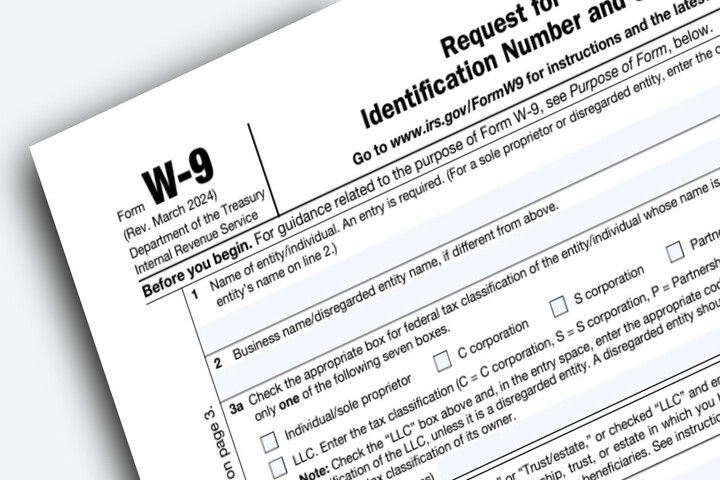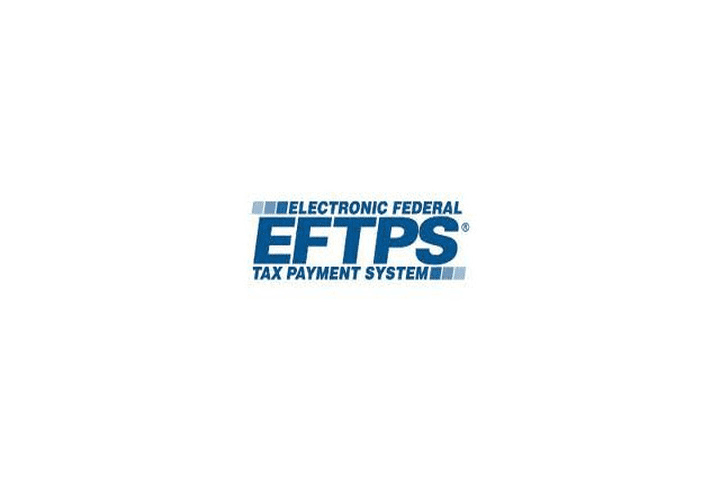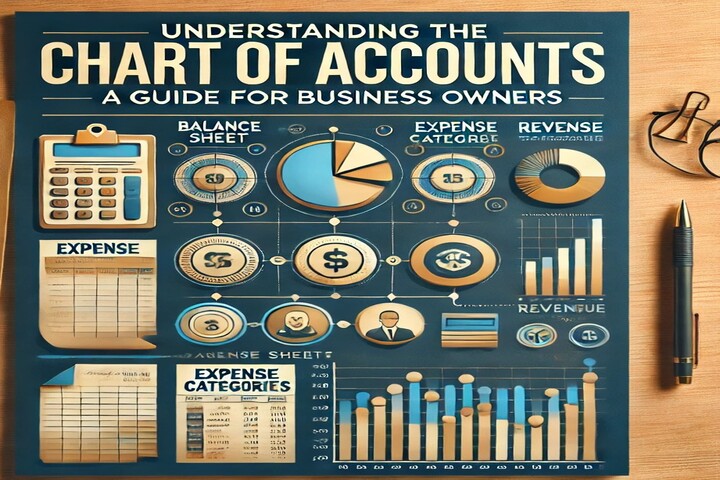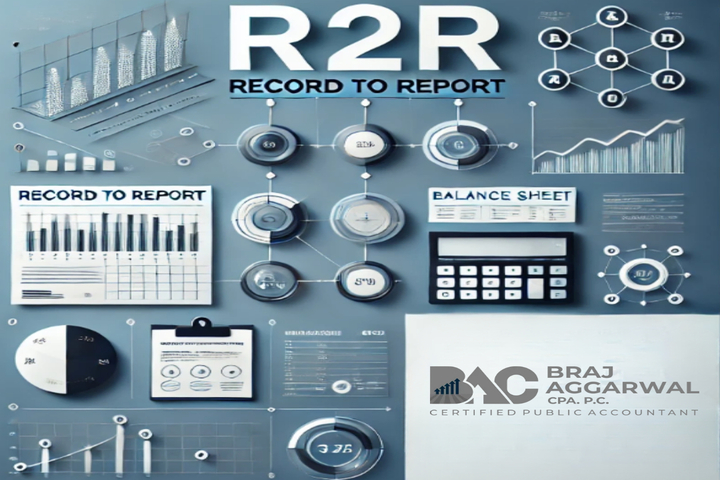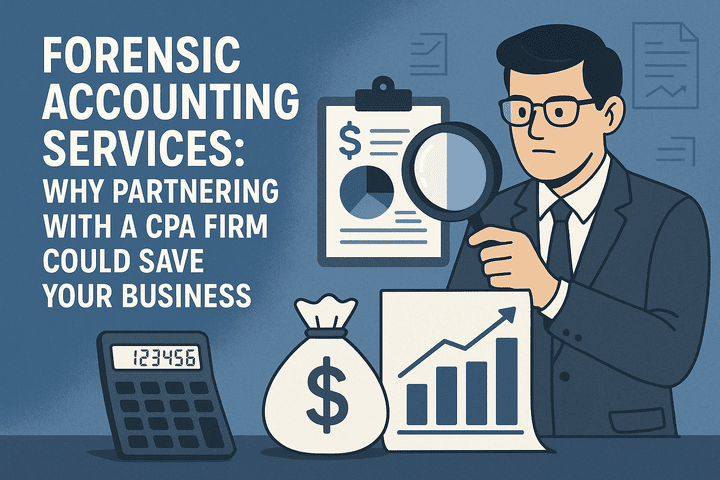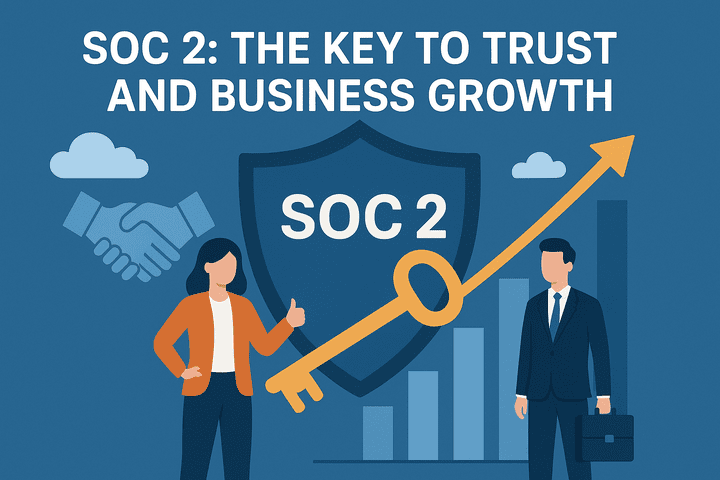The Earned Income Credit (EIC)

The earned Income Credit (EIC) is a refundable tax credit to U.S. taxpayer with the low earnings to reduce the amount of tax owed on a dollar-for-dollar basis. The earned income tax credit is only qualified for taxpayers with low or moderate income. The earned income tax credit for certain people who work and have their earned income under $56,844. You may get a refund if you don’t owe any tax.
It is important to learn about some of the fundamental principles of The Earned Income Credit (EIC) and how one qualifies for this credit. To begin, it is important to know the distinction between tax credit and a tax deduction. With a tax deduction, the IRS reduces the tax owed by a fixed percentage which lowers the amount of taxable income. Other factors such as income level also affect the amount of tax deduction that one is eligible to receive. On the other hand, a tax credit and more specifically the Earned Income Tax credit has different qualifications. Those include one's earned income, adjusted gross income, filing status, and whether the person has children. Each of these components are easily determined with the wages accrued and reported on an income tax statement. Some of the other restrictions include having gained more than $3,650 through capital investments as well as claiming unemployment/social security. The additional benefit that the tax credit has is the direct dollar for dollar that it results in. Whatever your tax bill reads will be reduced by the amount of the tax credit, which will vary based on the above-mentioned qualifications.
Geared towards low/middle class families are where a large portion of tax credit goes. A lot of common tax credits deal with the number of dependents a person files on their income tax as it directly affects a person’s ability to contribute meaningfully to the expenses of everyday life. Lifestyle changes have been on the mind of families across America and finding a way to adapt will help people succeed in an ever-changing economy. In looking towards the future of retail and how e-commerce fits into the puzzle, there will be bold initiatives and creative ways that retailers try to combat the effect of the changes in consumer spending. The new aged consumer is one who seeks loads of information in concise manners and would like his/her decisions to be as seamless as possible.
You may qualify for EITC if your income is low-to-moderate. The credits may change depending on your dependents and different factors. Welfare benefits do not affect the earned income tax credit. Any refund you receive on EIC can’t be counted toward your income. The IRS can ask you to provide the documents to see your eligibility and they will mention the documents you need. These may include identity proof such as birth certificates, school records, etc.
There are some rules for the way this EIC works. You must meet the following requirements. If you don't meet all seven rules, you can’t get credits.
- These seven rules include adjusted Gross Income (AGI) limits.
- You must have a valid Social Security Number (SSA).
- You cannot file as “Married Filing Separately.”
- You must be U.S. citizen or resident alien all year.
- You must have earned income.
- Dependent must be related to the taxpayer and is under the age of 17.
Federal Qualifying Chart Tax Year 2020 (Current Tax Year):
|
Number of Qualifying Children |
Single, Head of Household or Widowed |
Married Jointly Filing |
Federal EITC Maximum Credits |
|
None |
$15,820 |
$21,710 |
$538 |
|
1 |
$41,756 |
$47,646 |
$3,584 |
|
2 |
$47,440 |
$53,330 |
$5,920 |
|
3 or more |
$50,594 |
$56,844 |
$6,660 |
Want to know more about EIC or other accounting and tax preparation services. Connect with our team by filling the below form or you call us on (+1) 718-426-4661 or email us on baggarwal@aggarwalcpa.com


